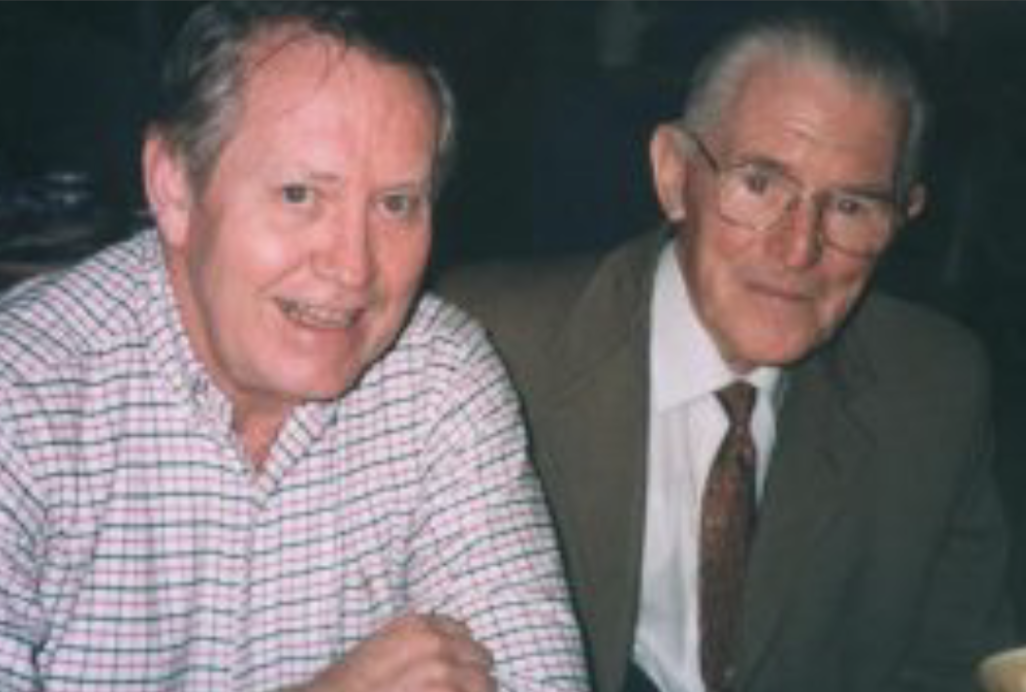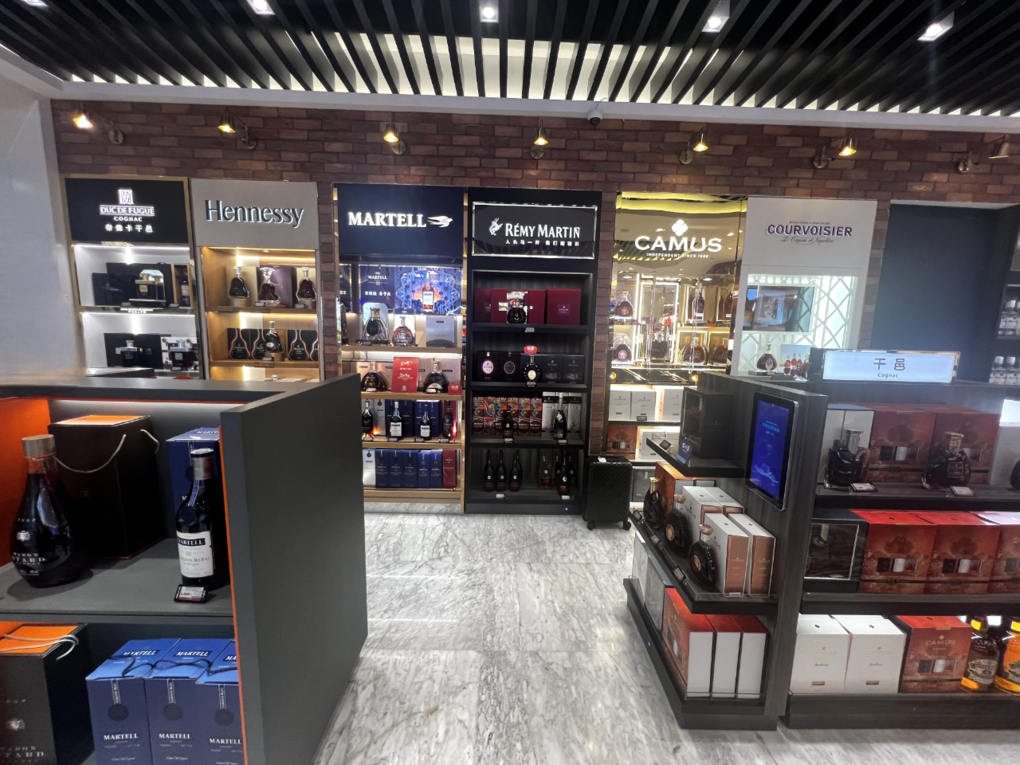IRELAND. Charles (Chuck) Feeney’s story is a remarkable and inspirational one. And it is about to be told in full for the first time*.
Feeney is one of the great figures in the travel retail industry. Together with Robert (Bob) Miller he founded Duty Free Shoppers (now DFS Group), creating a retail empire that has dominated the sector for the past 40 years.
A quiet, deeply private individual, he avoided media coverage zealously throughout his years at DFS, which ended when he sold his share to French luxury giant LVMH in 1996.
It was shortly afterwards, in a landmark interview with The New York Times he revealed that he was the unknown figurehead behind a secret offshore foundation that ranked among the top five philanthropic organisations in the world. Unknown to almost everyone, including his partner Bob Miller. Feeney had in 1982 secretly and irrevocably transferred his entire 38.75% interest in DFS to a number of foundations known as The Atlantic Philanthropies, based in Bermuda.

Now that incredible story will be revealed in a book called “˜The Billionaire Who Wasn’t: How Chuck Feeney Secretly Made and Gave Away a Fortune’, written by Conor O’Clery*.
During the past week O’Clery has previewed the book in The Irish Times. Even these brief excerpts offer a compelling picture of one of the world’s great humanitarians, one that “traces his journey from billionaire businessman to global philanthropist whose generosity favoured Ireland”.
Some fascinating insights emerge. Feeney, a blue-collar Irish-American from New Jersey, co-founded the first duty free shop chain in Asia Pacific, just as the Japanese tourism boom was starting in the 1960s. By the 1980s Duty Free Shoppers had become the biggest retail chain in the world, and Feeney was listed in Forbes as one of the richest 25 Americans.
But Forbes was wrong. Feeney had by then transferred his fortune to his charitable foundation in Bermuda, in what O’Clery describes as “a unique act in the history of philanthropy”.
“I came to the conclusion I didn’t need a lot of money because I didn’t intend to live a lifestyle that required it“ |
Chuck Feeney |
So far the Atlantic Philanthropies has made donations worldwide amounting to US$4 billion “and it will spend down the remaining US$4 billion in the next decade”, the report reveals. “He has directed more than US$1 billion, mainly to education, research and political reconciliation, to the island of Ireland alone over the past two decades.”
O’Clery continues: “Noted for his frugality – he wears a plastic watch and flies economy class [he once dismissed business or first class travel by saying: “It would be different if it got me there quicker” – Ed] – Feeney, 76, has co-operated in his biography now, primarily to promote “˜giving-while-living’ among the very wealthy.
Feeney also decided that whatever he gave would be donated anonymously. And he had no qualms after making the decision to give away his wealth, reasoning: “I came to the conclusion I didn’t need a lot of money because I didn’t intend to live a lifestyle that required it.”
When he signed away most of his wealth at the age of 53 Feeney had gone from billionaire status to having a net worth of less than US$5 million. O’Clery notes: “He would joke later: “˜How to become a millionaire? Become a billionaire first!’ ”
The book also examines Feeney’s love for Ireland. He researched his family history and established that his grandmother on his father’s side came from a tiny rural district called Larganacarran in County Fermanagh in Northern Ireland.
“The more he reconnected with Ireland, the more Feeney became convinced that Irish Americans like himself should be doing more to help. In the 1980s, the economy of the Republic of Ireland was moribund. One in five adults was out of work. Three out of four graduates were leaving the country as soon as they qualified.
“A British newspaper columnist described Ireland as a Third World country but for the climate, and many Irish agreed and emigrated. In Northern Ireland the bloody conflict known as The Troubles was raging without any sign of a resolution.”
Feeney was to play an instrumental but silent role in ending the troubles and to inspiring a new Ireland that sees it 20 years on as one of the tiger economies of Europe. In humanitarian terms as in business he is a silent giant among men.
[From the book “˜The Billionaire Who Wasn’t: How Chuck Feeney Secretly Made and Gave Away a Fortune by Conor O’Clery’. Copyright 2007. Perseus Books Group (www.perseubooks.com). Published in hardback on 3 September]











